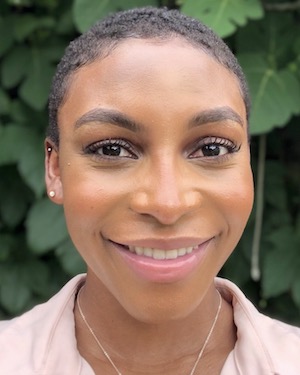How to be an Ally

June 12, 2020
by Lamoni
With the world’s recent affairs, there’s been a lot of discussion about police brutality, the Black Lives Matter movement, misuse of power, the meaning behind certain symbols such as the confederate flag, etc. With these discussions circulating, I have seen a number of well-intentioned acts of solidarity. I have also seen acts that are inappropriate.
In our profession, it is important to build trust with our team and our clients. An important way to build trust is by consistently showing that we are allies, people that care about the same cause and act toward the same goal. It sounds rather simple, but it requires a lot of effort. Right now, your Black friends, classmates, faculty, and staff need to see that effort. And we need it to be vigorous and constant. That being said, I have decided to lay out some points about what it means to be an ally.
What is allyship?
1. Listening more and speaking less
What you’ve learned through books, articles, and observation does not and will not equate to the lived experience. Therefore, it is absolutely necessary to spend most of your time listening rather than speaking. There is always room to learn more.
2. Acknowledging your privilege
You cannot call for equality without first acknowledging that there is an imbalance. Recognize that you have certain advantages that others do not. Use that advantage to amplify the voices of those unheard.
3. Accepting criticism
People tend to immediately begin defending themselves when they are criticized. That can lead to a missed opportunity. Criticism is a form of feedback that should be used to reflect and grow. Embrace it.
What allyship is not
Allyship is not rooted in performance. Lately, it seems that calling oneself an ally is very on-trend. However, as stated, allyship is a lifelong process. It requires consistency in reflection, learning, and action. Expecting awards and recognition suggests that you are conveniently presenting as an ally or have an ulterior motive. Next time you create a #BLM post, ask yourself, “am I doing this for an applause?” and, “if people ask about this post, will I be able to say that I’ve put action behind my words?” (e.g. marched in protests, signed petitions, called legislators).
Being an ally is hard work. Confronting your implicit biases, speaking up when a family member says something ignorant, and recognizing the ways that you participate in oppressive systems is difficult. However, it is necessary. If you do not feel uncomfortable or challenged, you are not actively doing your part.
We have a beautiful profession where we get to advocate for others. Let’s all start now.
⋯
Next by tag Diversity ⟩
⋯





